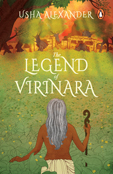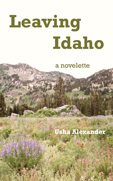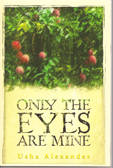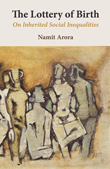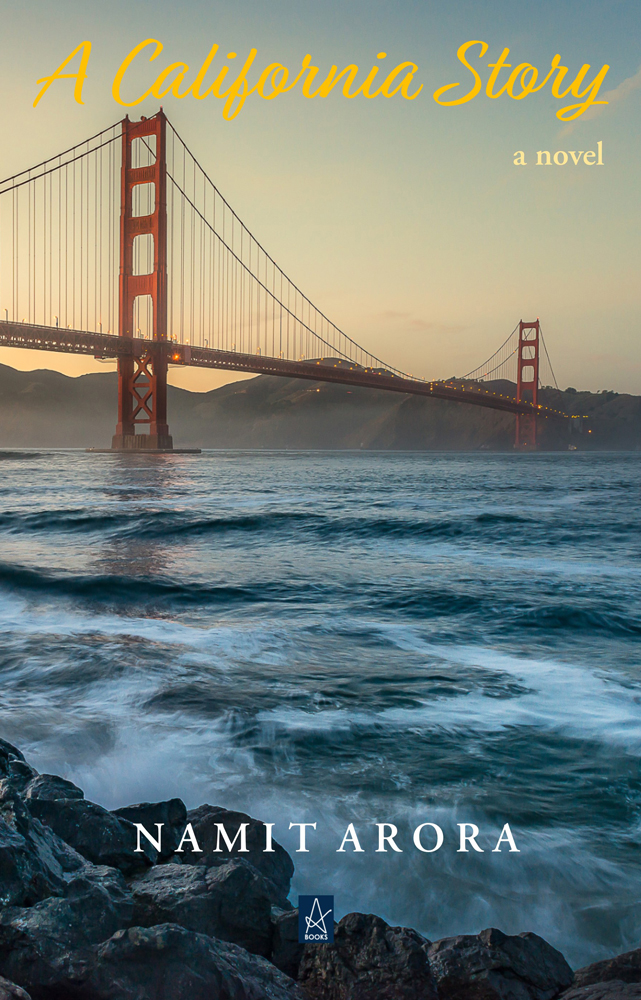South Luangwa National Park, Zambia
(Notes from a journey to Mozambique, Malawi, and Zambia, Sep/Oct 2015.)
Entering Zambia by bus from Malawi, our first destination was the South Luangwa National Park, among the world’s greatest wildlife sanctuaries. Its many eco zones teem with mammals, birds, reptiles, and more. The park's lifeblood is the Luangwa river, at its most languid in October. This being the end of the dry season, there were few watering holes left, making it easier to spot animals. We stayed at a bush camp for four days deep inside the park, among wandering lions, hyenas, elephants, buffaloes, and leopards. We did many game drives, including two at night, but one of my most exhilarating and vulnerable moments was a five km walk in the forest, a highlight of which was watching elephants at close range, including two babies, frolicking in a pond. We saw many lions and elephants at close range, most often with no other safari vehicles in sight. We were lucky to encounter a pack of the highly endangered African wild dogs, of which only 4,000 survive in the world. Our safari guide, Edward Selfe, was a thoughtful and knowledgeable Britisher who loved his work and, not surprisingly, was good at it. David Attenborough had so inspired him in his boyhood that after studying economics in college, he quit his brief stint in London’s financial industry and moved to Zambia eight years ago.
Notably, most safari operations in this part of Africa happen to be run by whites for other whites, mostly European. Whites also lead most wildlife research and conservation advocacy, funding, and related services, such as population census, collaring/tracking, veterinary/rehab work, etc. The truth is that African nations, given their socioeconomic state, are simply unable to prioritize these activities. Both subsistence poaching—led by individuals who must put food on the table, if by hunting animals such as antelopes—as well as commercial poaching for ivory and rhino horns and lion parts that fetch high prices in east Asia, are chipping away at animal populations. In South Luangwa alone, an estimated 60 elephants have been poached thus far in 2015. Habitat loss is another plainly evident reality: buffer zones around parks, supposed to be free of people, increasingly aren't. Anti-poaching efforts, led by international NGOs, focus on providing alternative livelihoods to subsistence poachers but it’s not clear that this isn’t a losing battle. And while wildlife safaris—however sensitive and responsible and even at their modest numbers as at South Luangwa—are intrusive to animals, they strongly help the conservation effort. They raise revenue for governments, making wildlife a profitable resource and its preservation more attractive. They also employ locals (giving them a stake in preservation), spread scientific knowhow, and cultivate a greater sense of wonder. But will this be enough against the rising tide of economies and populations of southern African nations? [—Namit Arora, October 2015]
Surveying the landscape |
Drinking water |
Two lionesses |
South Luangwa sunset |
Sniffing the visitors (more) |
Zebras |
Watchful female |
Sunset with storks |
Elephants bathing |
Sauntering through |
Wild dogs (more) |
|
Early morning (more) |
|||
Puku (more) |
Remains of a buffalo |
On a walk in the forest |
Landscape |
Our bush camp |
Along a seasonal river bed |
Dining area |
|
Typical road in the park |
Croc soup |
Run, yellow-billed |
|
Surveying the landscape |
Late afternoon sun |
In repose (more) |
Agitated |
Watchful eyes |
Landscape with lions |
Hanging out |
|
Universal cat move |
A pride of lions |
Playful cubs |
Sunset |
A lion on the road |
Lion loses interest in us |
||
Lioness in tall grass |
After feasting on a |
How many lions in |
|
Walking towards water |
Looking at the visitors |
Surveying the landscape |
After a warthog meal |
Who goes there? |
Resting after a meal |
||
Family gathers |
Hanging around (more) |
Playing with dad |
Playing with dad (more) |
Attentive stare |
Two lionesses |
Four lionesses (more) |
Surveying the visitors |
Lions feasted on this |
Quelia |
Quelia |
Sacred Ibis |
Buffaloes (more) |
Watchful eyes |
A herd passing through |
Keeping watch |
Landscape |
Sunset |
Dusk |
Lone hippo in the forest |
Crowned crane |
Egyptian Geese |
Long-tailed Starling |
|
Stealthy croc |
Hartebeest |
Sunset |
|
Tree with weaver bird nests |
Mid-afternoon |
Going for a walk |
Landscape with zebras |
On a dry river bed |
Later afternoon |
A watchful herd |
Drinking water |
A herd of elephants |
Goofy youngster |
Leisurely walk (more) |
|
Grazing in the forest |
Mother and child |
Baby scared by jeep |
|
Running towards mommy |
Reaching for the greens |
Watching at close range |
Dusk |
A small family |
Walk across the plains |
They're watching us too |
Landscape with hippos |
African ebony grove |
African ebony grove |
African ebony grove |
African ebony grove |
Guinea Fowl |
Hyena |
Mongoose |
|
Hippos swimming (more) |
Symbiotic relationship |
Hippo at the river |
"Make some room for me" |
Lilac-breasted roller (more) |
Warthog |
Warthog |
|
Impala (more) |
Targeted by most predators |
Impalas crossing the road |
Typical road in the park |
An old giraffe |
Herbivore (more) |
Sauntering across (more) |
Looking at us |
Drinking water |
Sniff, sniff |
Gentle gait (more) |
|
Howdy? |
Licking its nostrils |
Closeup |
|
A recently killed hyena |
Puku |
Puku |
Puku |
Once a Puku (more) |
Saddle-billed stork in |
Baboon |
Landscape with hippos |
Landscape with hippos |
Acacia tree |
Landscape |
South Luangwa river |
Landscape |
A road in the park |
Languid river |
|
Lots of puku |
Baboons |
Baboons and elephants |
Baboons and pukus |
Vultures on a buffalo |
A buffalo carcass |
Strange tree |
Landscape with hippos |
Waiting for the rains |
Ravaged by elephants? |
Waterbucks and Impalas |
Fish Eagle |
Vervet monkeys |
Blue testicles (more) |
Grimacing vervet |
Not too happy with us |
Vulture (more) |
Sign of a kill |
Awaiting their turn |
Scavenging bird of prey |
Landcape with pukus, |
The park looks very |
End of the dry season |
Landscape with hippos |
African wild dogs near |
Big ears! |
Youngster |
Fierce hunters |
Highly endangered |
Pooping wild dog (more) |
Only 4,000 left (more) |
Wild dogs with guinea fowl |
Hunter of antelopes |
Ready for action? |
Looking for prey |
Highly social carnivore |
Lions are natural foes |
Descends from the |
The wolf is on a parallel |
A pup |
Multicolored coat |
Looking for prey (more) |
Sunset |
|
Crawshay's zebra (more) |
B&W beauties (more) |
||
Zebras sleep standing up |
A zeal of zebras |
||
Stripes are unique to |
Zebras have excellent |
Communicate with high- |
Ancient Baobab tree, |
Recovered wire traps |
A village near the park |
A village near the park |
Vegetable curry with |
Designed in collaboration with Vitalect, Inc. All rights reserved. |


